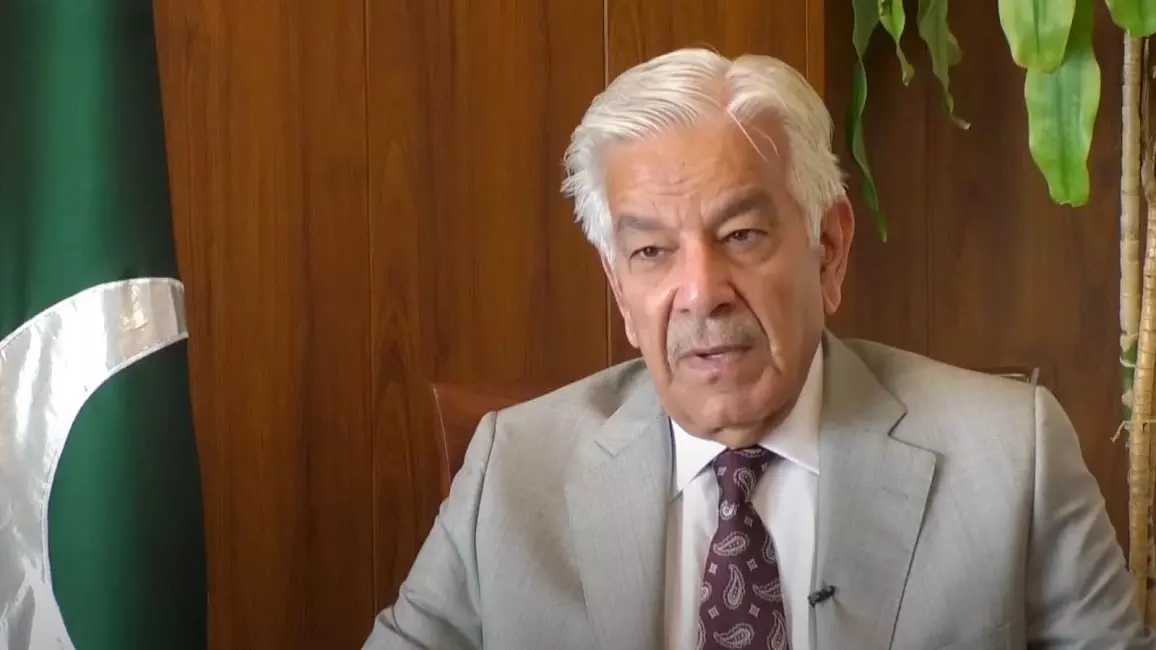
Saudi Arabia will defend Pakistan if India attacks: Khawaja Asif
Pak defence minister, drawing parallels to NATO, says according to the pact with Saudi Arabia, aggression against one nation will be treated as that against both

Saudi Arabia will come to Pakistan’s defence if India declares war, Pakistani Defence Minister Khawaja Asif said in Islamabad on Friday (September 19), highlighting the “strategic mutual assistance” clause of a defence pact signed between Riyadh and Islamabad earlier this week.
“Yes, absolutely. There is no doubt about it,” Asif told Geo TV, drawing parallels with Article 5 of NATO’s treaty on collective defence, which treats an attack on one member as an attack on all.
Also Read: India reacts to Saudi-Pakistan defence deal, says respect ‘mutual interests’
Joint defence against aggression
Asif, however, clarified that the deal is “defensive, not offensive” in nature. “If there is aggression, whether against Saudi Arabia or Pakistan, we will jointly defend against it," he told Geo TV.
"We have no intention of using this pact for any aggression,” he said, speaking separately to Reuters. "But if the parties are threatened, then obviously this arrangement will become operative," he said.
Asif also confirmed that Pakistan’s nuclear weapons would be available to Saudi Arabia under the pact, marking the first time Islamabad has openly acknowledged extending a nuclear umbrella to Riyadh.
“Let me make one point clear about Pakistan’s nuclear capability, that capability was established long ago when we conducted tests. Since then, we have forces trained for the battlefield. What we have, our capabilities, will absolutely be available under this pact,” he said.
'Umbrella arrangement'
The pact, signed on Wednesday (September 17), declares that an attack on one nation will be treated as an attack on both. Asif described it as “an umbrella arrangement” offering joint defence against any external aggression.
Describing Pakistan as an "abiding nuclear power", Asif said, “All our nuclear installations are open to inspections. We get certificates for our facilities. We are an abiding nuclear power and don’t violate anything.”
He also contrasted Pakistan’s record with that of Israel. “Israel, despite being a nuclear power, has not opened its facilities to anyone. All Western nations know that. Many decades ago, Israel retaliated and questioned why its nuclear inspections were being done,” Asif said.
Also Read: Pak-Saudi defence pact, more a bark than a bite
Watched closely by Israel
A senior Saudi official told Reuters that the pact is “a comprehensive defensive agreement that encompasses all military means.” For Pakistan, the deal provides both financial backing and the potential for a broader Arab alliance, while for Saudi Arabia it ensures a nuclear shield.
The development is expected to be closely monitored by Israel, currently the only nuclear-armed state in West Asia, as well as Iran.
When asked about the prospect of a wider Arab alliance, Asif said, “The doors are not closed. I cannot prematurely answer this... but I think it is a fundamental right of the countries and people here, particularly the Muslim population, to defend their region together.”

